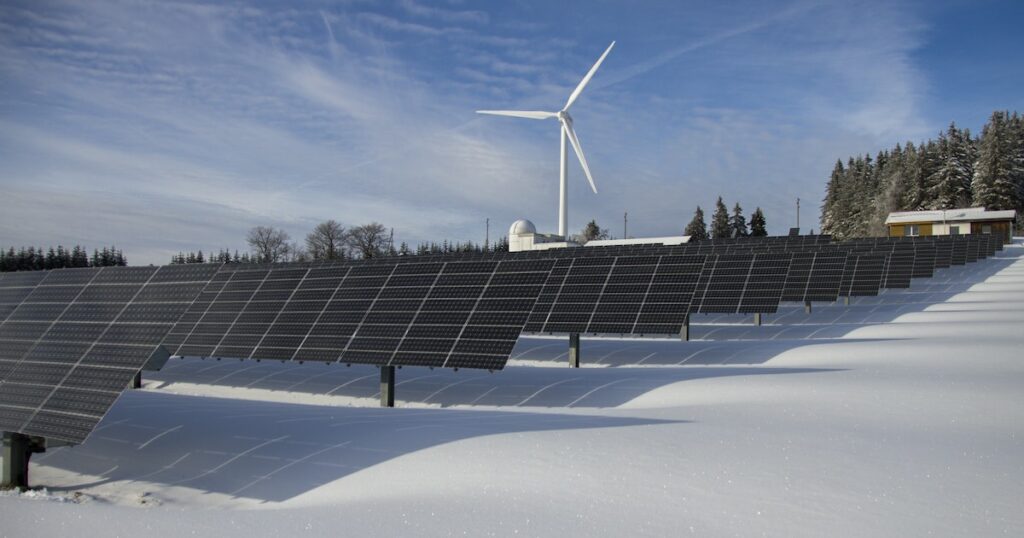Learn About Affordable Financing Options for Solar Panel Installation

Solar energy has grown in popularity in recent years due to its several advantages over traditional energy sources. Solar panels can assist homeowners in saving money on energy costs, lowering their carbon footprint, and increasing the value of their house.

However, the upfront costs of purchasing and installing solar panels can be significant, which can be a barrier for many homeowners. Fortunately, various financing alternatives are available to make solar panel installation more reasonable.
Cash Purchase
The simplest way to finance solar panels is to purchase them outright with cash. This option offers the greatest long-term savings, as it eliminates interest payments and other financing costs. However, it also requires a significant upfront investment, which can be difficult for many homeowners.
Solar Loans
Solar loans are a type of personal loan that can be used to finance solar panel installation. Banks, credit unions, and other financial institutions offer these loans, which often have lower interest rates than credit cards or other types of unsecured loans. Some solar loans also offer flexible repayment terms, with loan terms ranging from 5 to 25 years. This allows homeowners to choose a repayment plan that fits their budget and financial goals.
Property Assessed Clean Energy (PACE) Financing
PACE financing is a type of financing that allows homeowners to finance solar panel installation through their property taxes. This option is only available in certain states and municipalities, but it can be a good option for homeowners who do not have the upfront cash to pay for solar panels. PACE financing typically offers fixed interest rates and long repayment terms, making it a low-cost and flexible financing option.
Solar Leases
Solar leases are agreements between homeowners and solar panel installers that allow homeowners to lease solar panels for a monthly fee. The solar panel installer owns the panels and is responsible for their maintenance under a solar lease. The homeowner benefits from the energy generated by the panels, but does not own them. Solar leases typically have lower upfront costs than purchasing solar panels outright, but they also offer lower long-term savings. Additionally, solar leases can be less flexible than other financing options, as they often require long-term contracts.


